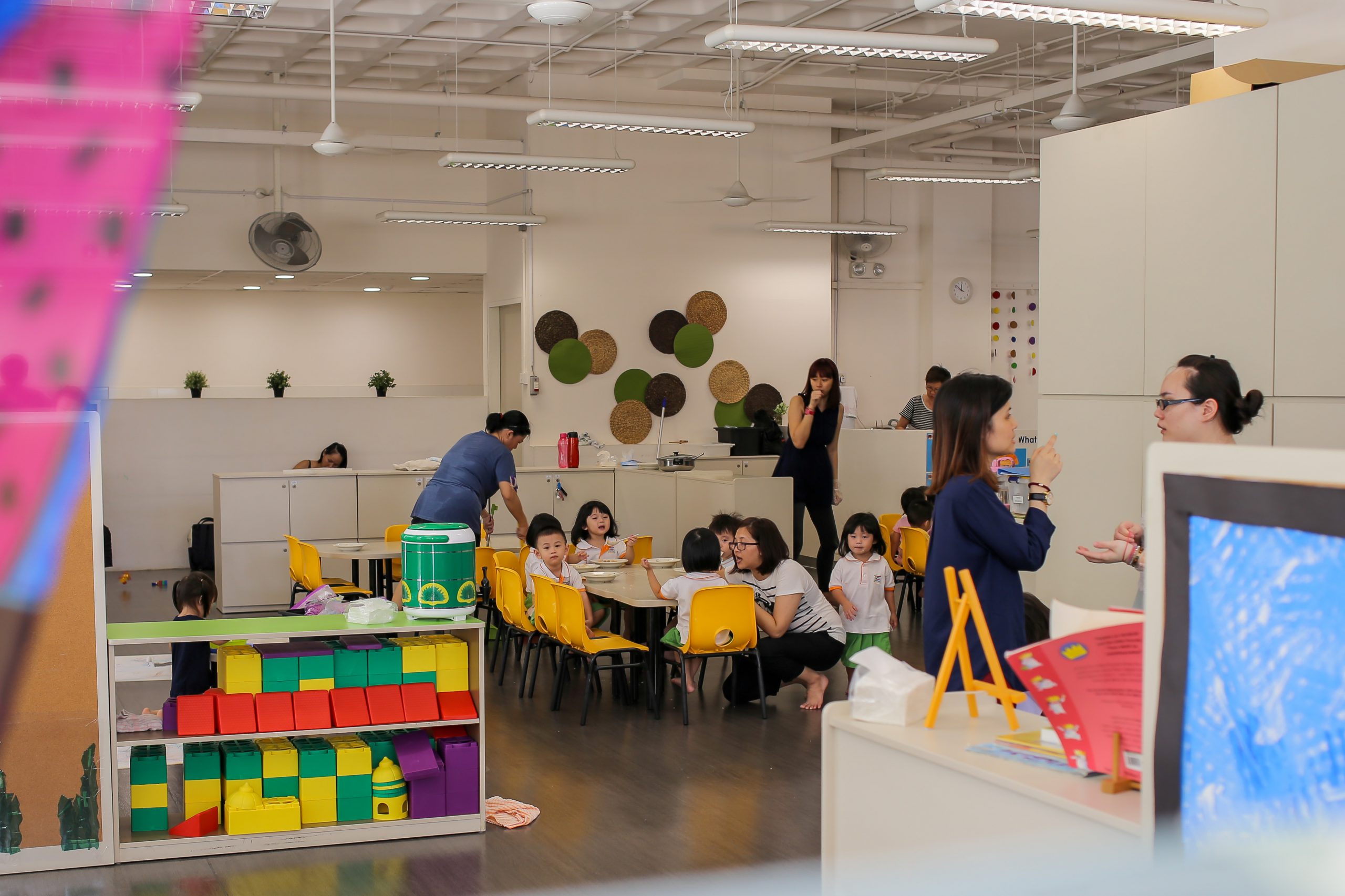Feeling Schools, Affective Nation: The Emotional Geographies of Education in Singapore, Slippages as Tactical Manoeuvres
January 24, 2023

Photo: ‘Kindergarden’, from SRN’s SG Photobank
“Education is a human right, a public good and a public responsibility”
– United Nations Educational, Scientific and Cultural Organisation (UNESCO)
In 2018, a resolution passed by the The United Nations General Assembly (UNGA) proclaimed 24th January as the International Day of Education. Education, in the words of Director General Audrey Azoulay, was “more than just a place of learning: it was a place that provided protection, well-being, food and freedom.” Although the conventional provision of protection, well-being, food and freedom conventionally fulfil physical needs, education can also fulfil socio-emotional needs. Recent advances in pedagogical research have suggested that education which focuses more on holistic and emotional development of individuals and not simply their intellectual capabilities would be more beneficial as a whole.
One such research paper is by Ms Clara Ang and Associate Professor Elaine Ho (NUS Geography) and titled “Feeling Schools, Affective Nation: The Emotional Geographies of Education in Singapore, Slippages as Tactical Manoeuvres” (Emotion, Space and Society, 2019). It examines the role of emotions in education policy in Singapore. Specifically, it looks into how both teachers and students navigated emotional governance in school spaces, considering the education system is entrenched in the belief of prioritising cognitive learning. Using semi-structured interviews and Instagram photos collected from students, the paper argues for how the study of emotional navigation in schools captured intentional and unintentional moments in which students and teachers advanced their own perspectives without conforming to the dominant values of the education system.
Crucially, one of the findings of the paper highlights how emotional subversions through interactions on the ground helped both students and teachers take back some of the agency in adapting curricula to display care, rather than ascribing to mainstream education curriculum values which they might not always agree with. If schools are to have great responsibility for the protection and well-being of their students, more emotional agency of and expression by students and teachers should be allowed, without individuals needing to identity covert ways of employing socio-emotional interactions. One example of greater emotional agency could be teachers creating safer spaces for the discussion of what students feel is right and wrong from their perspective, rather than “performing” emotions like apologising for actions they do not think are wrong simply because they know teachers expect it of them.
Read the article here.
